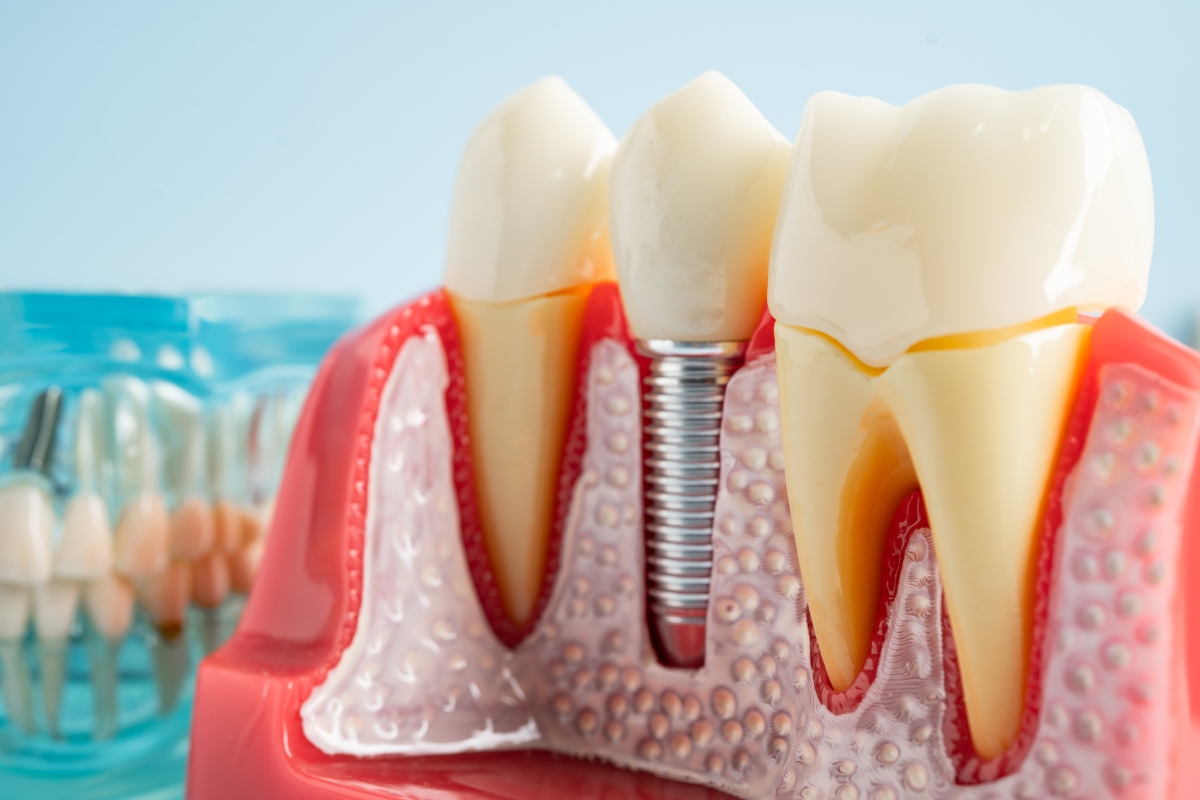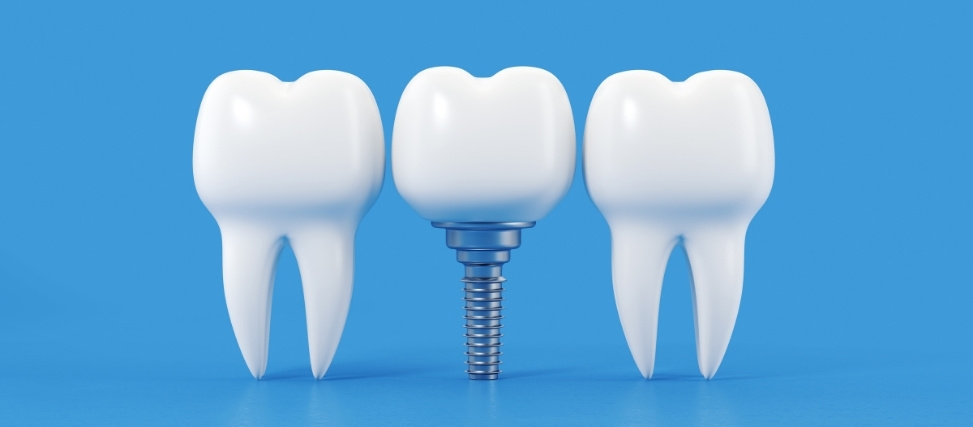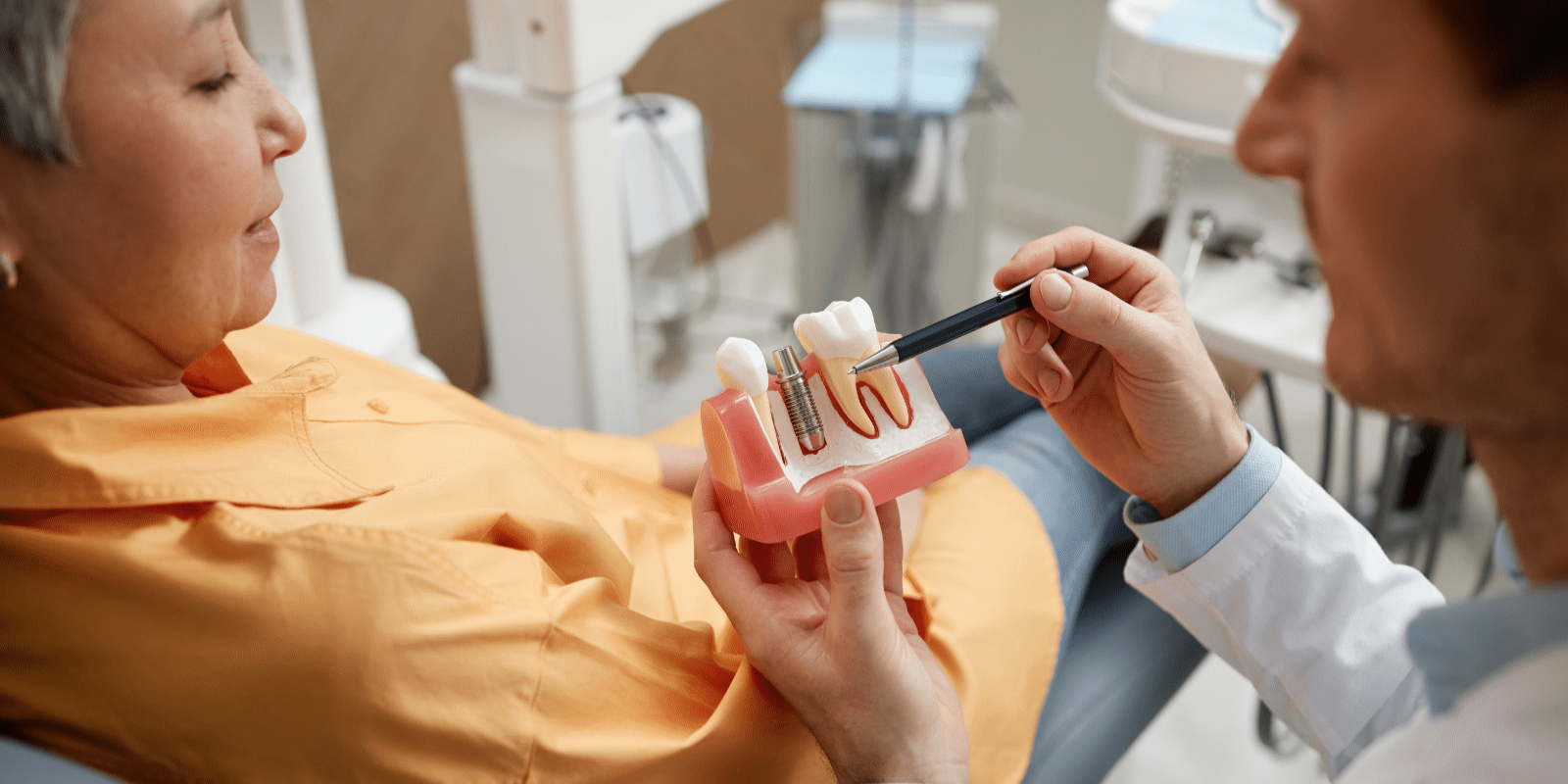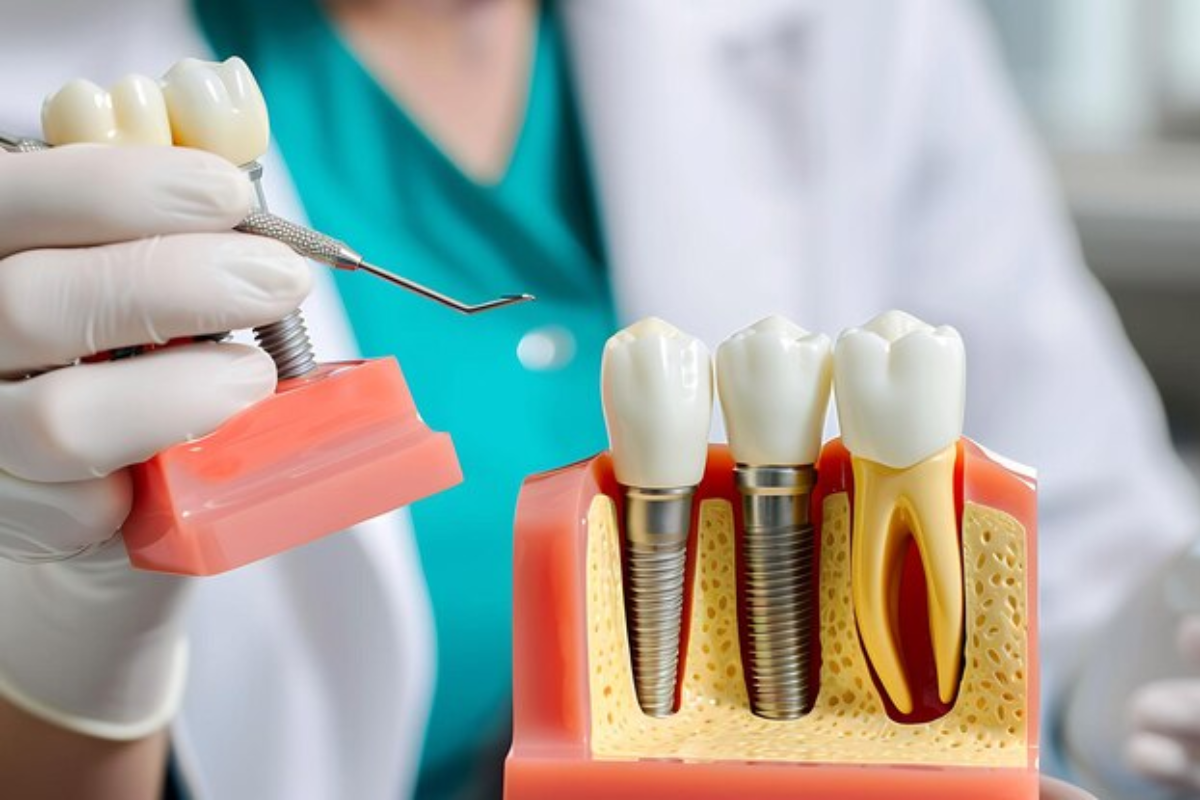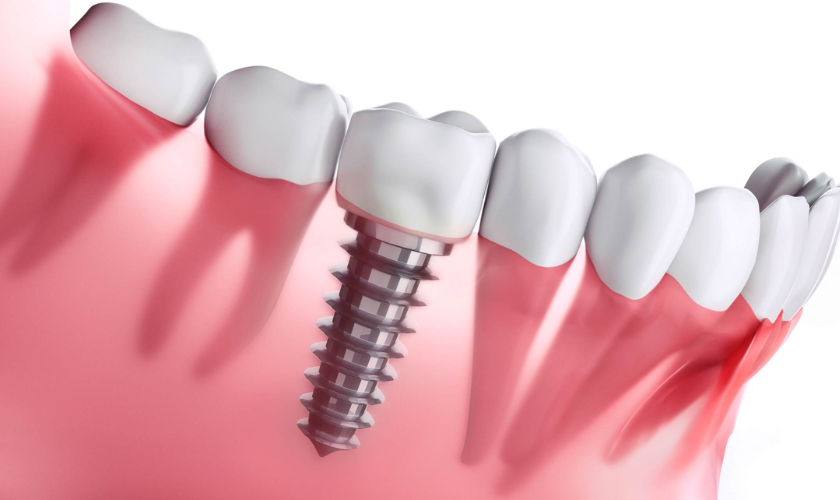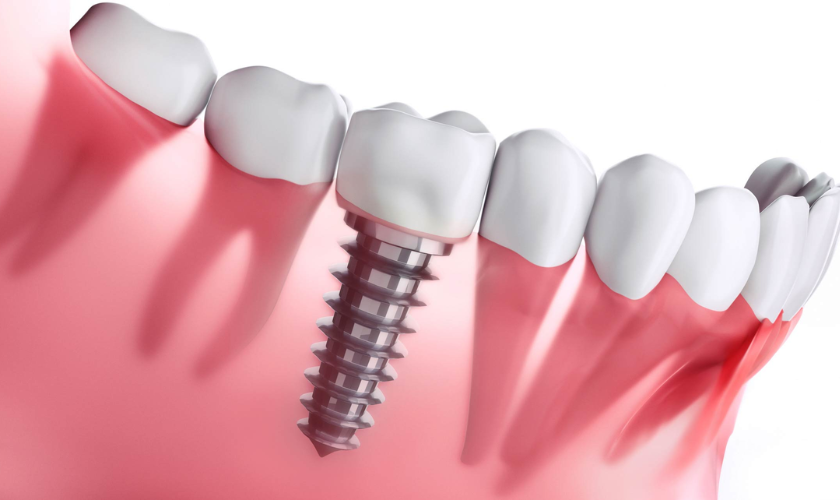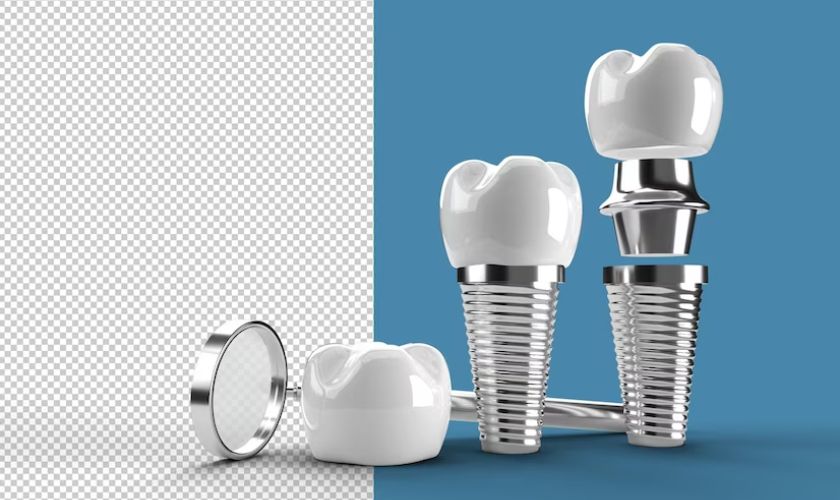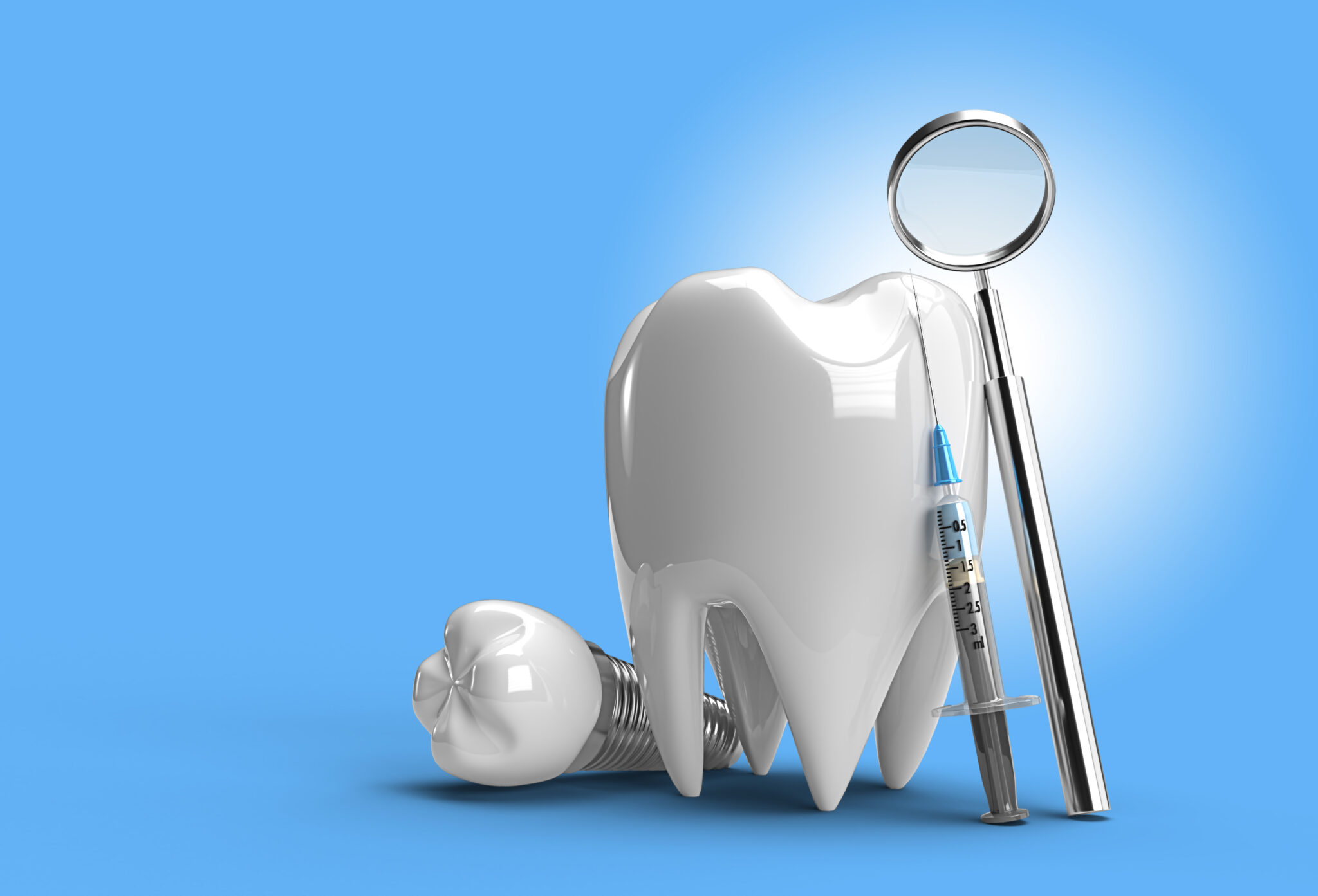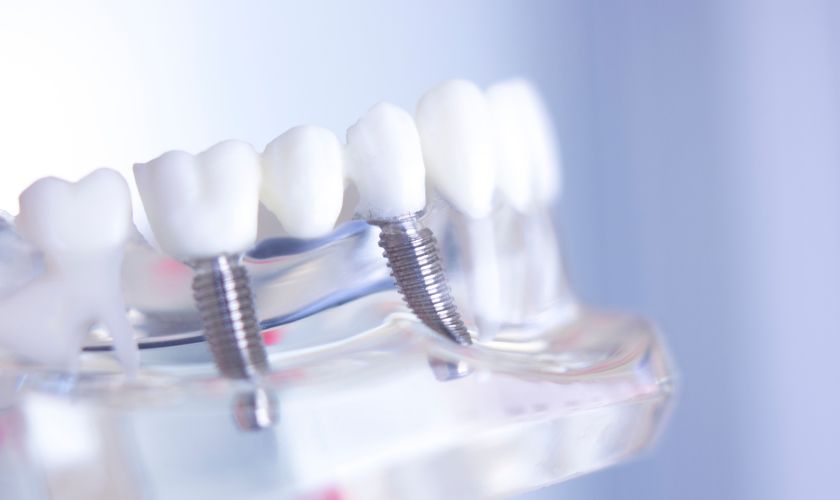Have you got new dental implants? It’s thrilling to think about your new smile. However, recovery care after the procedure is just as crucial as the surgery. Without recovery, your implants will not achieve their full potential. Post-surgery recovery care is the key to having the implants smoothly integrated into your jawbone.
This blog will walk you through all you need to know for a stress-free and successful recovery. Follow these important steps to keep your implants in top shape.
Understanding Dental Implants and Healing
Implants are synthetic structures that are placed in the area of the tooth normally occupied by the root. Implant materials are strong, such as titanium, and they fuse with your jawbone directly to replace the function of missing teeth.
After it is implanted, osseointegration is the term for the time when the implant heals by becoming part of your jawbone. This may take a few months. However, after it heals, your implant will be solid and work well.
Good rest after oral surgery allows the dental implants in Colleyville to heal and reduces the risk of post-surgery complications. It is critical not to skip this step as it may result in an infection, implant failure, or pain.
Post-Op Care Tips for Your Dental Implants
Follow-Up Appointments
Regular follow-up visits with your dentist are vital. Follow-up visits can monitor healing and catch any issues early.
Pain Control
The pain of surgery can be managed by over-the-counter pain relievers like ibuprofen or by prescription pain medication. Other alternative options, such as ice packs or saltwater rinses, can also help reduce pain and swelling.
Dietary Changes
For the recovery period, soft foods are your friend. Have mashed potatoes, yogurt, and smoothies. No hard, sticky, or crunchy foods that can interfere with the healing process.
Oral Hygiene Habits
Oral hygiene is important, but gentle. Use a soft-bristle toothbrush and do not brush on the surgical area for the first few days. Rinse with saltwater to preserve the area from bacteria and germs.
What to Expect in the Recovery Time
In the days following surgery, you might have some mild swelling, bruising, or aching after the operation. These side effects should go away after a few days. If your pain is severe or if it persists for an extended period of time, call your dentist.
Don’t smoke, drink alcohol, or do anything that can interfere with healing. They will slow recovery and sometimes even cause complications.
Symptoms of severe pain, significant swelling, or signs of infection (such as fever) are red flags. Tell your dentist right away if you experience such symptoms.
How Long Does It Take to Completely Heal from Dental Implants?
The recovery period is different for everyone. The implants are usually osseointegrated after 3 to 6 months. You will probably be able to eat soft foods, take medicine, and perform daily activities a few days after surgery, but recovery takes longer.
How quickly you heal may depend on your age, overall health, and where the implant is placed. Your dentist can give a personalized estimate based on your particular situation.
Tips for Ensuring the Longevity of Your Dental Implants
Maintaining Regular Care
Regular cleanings and check-ups are crucial for maintaining the health of your dental implants in Colleyville. Professional cleaning ensures plaque doesn’t build up, which could compromise the implant.
Lifestyle Habits
Avoid such poor habits as grinding or chewing on hard objects. These will damage your implants and lead to undue wear.
Proper Long-Term Care
Healing is only the first step. Proper oral health and regular dental visits will guarantee that your implants to survive for several decades.
Caring for your dental implants after surgery is key to a successful recovery. Adhering to the guidelines in this guide will keep your implants healthy and functional.
Book an appointment with our dental office today and begin your journey to a long-lasting smile.

